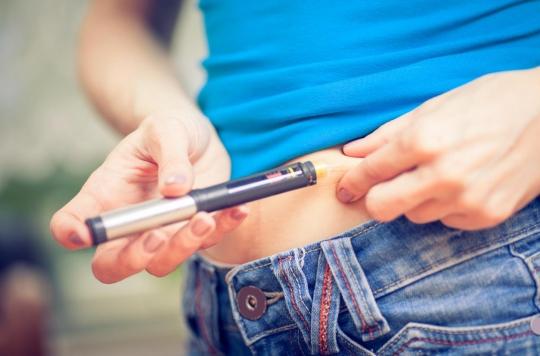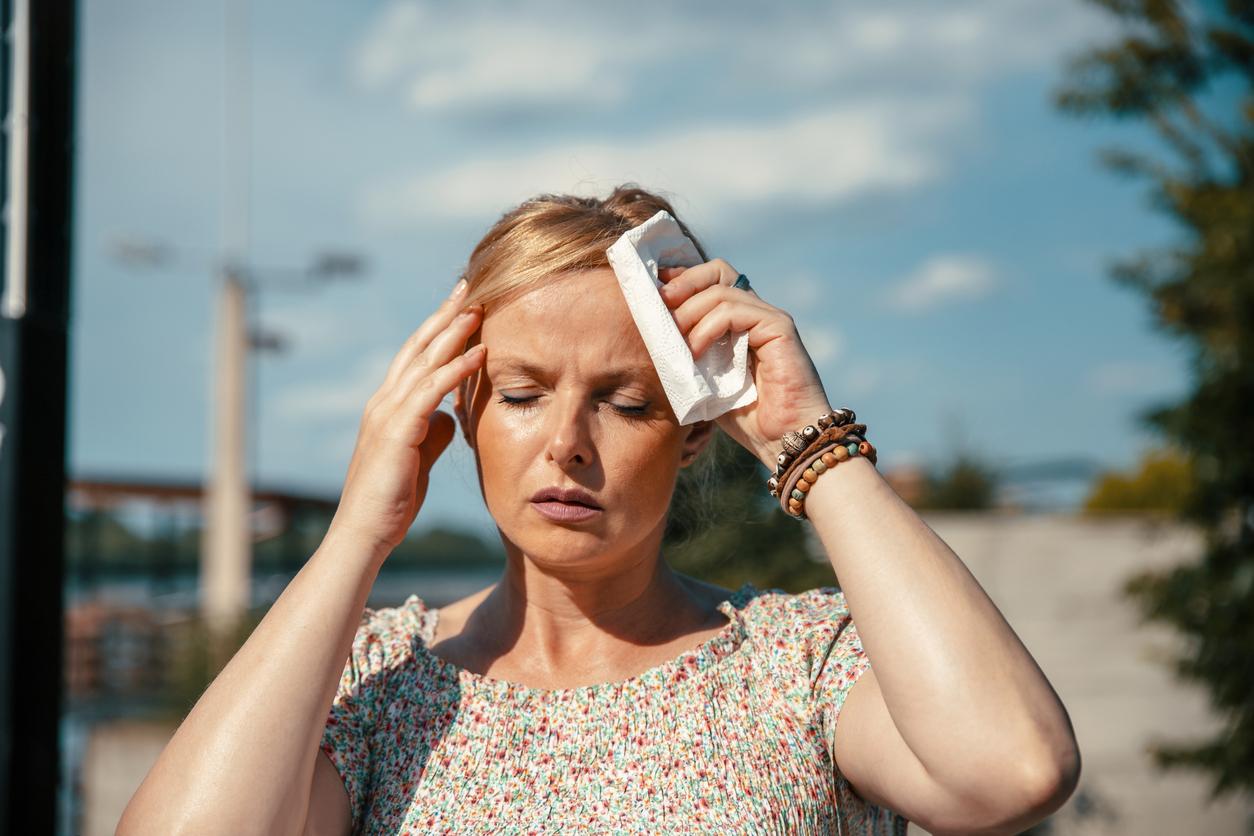In hot weather, the risks associated with diabetes are exacerbated. This is why the French Federation of Diabetics (FFD) has published a list of recommendations to follow during the summer.

Diabetes is an increasingly widespread disease in the world, in particular due to the growing incidence of overweight and physical inactivity. In France, in 2015, 3.7 million people were taking treatment for diabetes, i.e. 5.4% of the population. Among these patients, 90% are affected by insulin resistance or type 2 diabetes. Insulin-dependent diabetes, called type 1 diabetes, concerns about 10% of diabetics. It is an autoimmune disease with still unknown causes. Diabetes is a chronic pathology that exposes you to many complications such as diabetic foot or hypoglycemia. And in hot weather, these risks are exacerbated, especially for children and the elderly, warns the French Federation of Diabetics (FFD) which publishes on its site a list of five tips for a more serene summer.
Be on the lookout for signs of low blood sugar
It is natural to sweat when it is hot. But in a diabetic, it can also mean hypoglycemia. If you feel tired or dizzy, be sure to check your sugar levels. And always keep something with you to re-sugar quickly if needed, whether it’s sugar cubes or a fruit juice box.
Pay attention to the sun
When the sun warms the skin, it activates blood circulation and can speed up the absorption of insulin, thereby increasing blood sugar levels. Also, protect yourself well and measure your blood sugar regularly. What’s more, diabetic patients are more at risk of developing cataracts in the summer: prolonged exposure to the sun can damage the structures of the eye. Do not hesitate to consult an ophthalmologist in case of doubt.
Hydrate well
With the heat, the level of glucose in the blood can increase, which makes you want to urinate and can thus lead to more dehydration. However, the latter risks accentuating the already existing glycemic imbalance and, in the most extreme cases, of favoring a diabetic coma, especially in the elderly and children. To counter these harmful effects, drink throughout the day and consume foods rich in water, such as raw vegetables or fruits such as tomatoes (94.1% water), star fruit (91.3%), watermelon and melon (90.9%), strawberry (90.1%), grapefruit (89.8%) or even lemon (89%). Broths and soups are also recommended for their vitamin content and minerals. Alcohol, on the contrary, increases the risk of dehydration. And of course, avoid exercising too long and too intensely when it’s very hot.
Take care of your feet
Circulation problems related to diabetes can lead to “diabetic foot” which is characterized by serious complications due to a foot wound. Also, in summer, avoid walking barefoot, even on the beach, and prefer to wear closed sandals. What’s more, “examine your feet every day, to check that they do not show certain warning signs, such as a microcut”, explains the FFD.
Protect your hardware
Heat can affect the effect of medications and “should encourage you to change the way you store some of your medications, especially your insulin”, explains health insurance on its website. “The blood glucose meters, strips, electrodes and control solutions must be stored and used under defined temperature conditions, otherwise they will fail and give you false results”, warns the FFD. . As you will have understood, never expose your equipment to the sun or to strong temperature variations. Store it in a cool, dry place. If you have any doubts, refer to the instructions for use on which everything is indicated.
Also remember to eat enough, even if the heat takes away your appetite, and to wet and ventilate your body regularly.
In the event of strong heat, do not hesitate to contact the “heat wave” information platform on 0800 06 66 66 (free call between 9 a.m. and 7 p.m. from a landline).

.

















